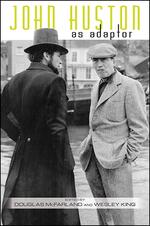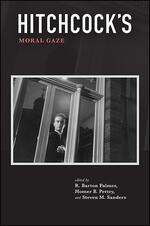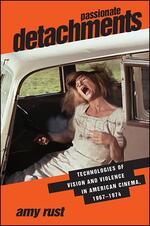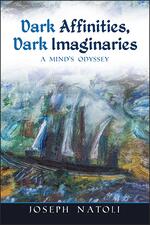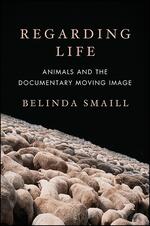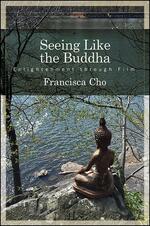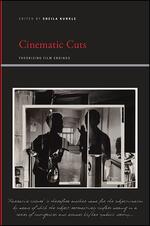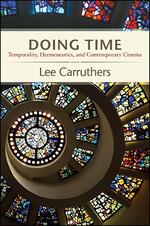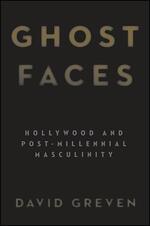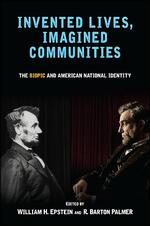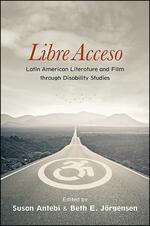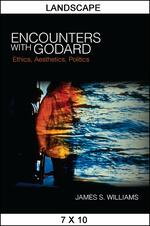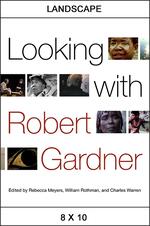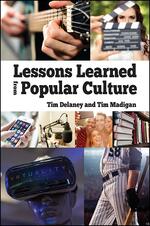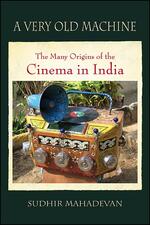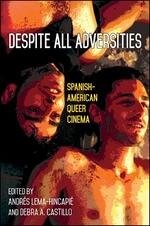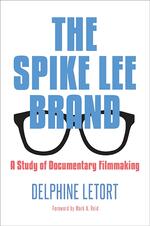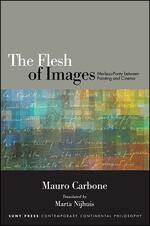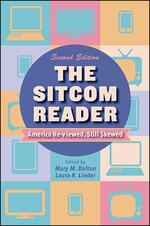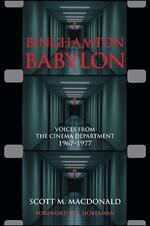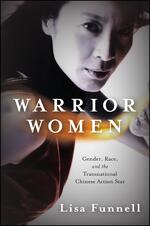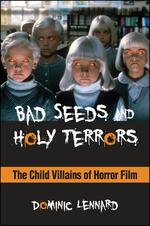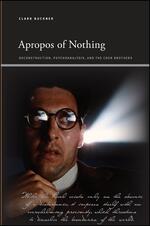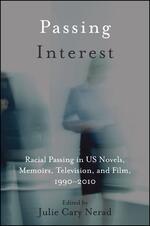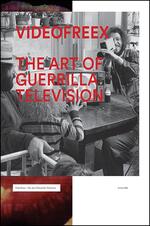Film Studies
John Huston as Adaptor
Argues that understanding Huston’s film adaptations of literary works is essential to understanding his oeuvre as a filmmaker.
Hitchcock's Moral Gaze
Offers new and compelling perspectives on the deeply moral nature of Hitchcock’s films.
Passionate Detachments
Investigates the cultural value of film violence.
Dark Affinities, Dark Imaginaries
A story of self, braided to a story of American culture.
Regarding Life
Contends that the narrative and aesthetic qualities of the documentary genre enable new understandings of animals and animal/human relationships.
Seeing Like the Buddha
Considers film as a form of Buddhist ritual and contemplative practice.
Cinematic Cuts
Explores the philosophical, literary, and psychoanalytic significance of film endings.
Doing Time
Proposes that cinematic time is not a fixed idea, but a dynamic exchange between film and viewer.
Ghost Faces
Combines psychoanalysis, queer theory, masculinity studies, and cultural studies to explore contemporary manhood in film.
Invented Lives, Imagined Communities
How Hollywood biopics both showcase and modify various notions of what it means to be an American.
Libre Acceso
Analyzes the diverse roles and pervasive presence of disability in Latin American literature and film.
Encounters with Godard
A wide-ranging and accessible approach to Godard’s later work, and a major intervention in the study of film and ethics.
Looking with Robert Gardner
Assesses the range and magnitude of Robert Gardner’s achievements as a filmmaker, photographer, writer, educator, and champion of independent cinema.
Lessons Learned from Popular Culture
Informative and entertaining introduction to the study of popular culture.
A Very Old Machine
Argues that Indian cinema’s deep nineteenth-century past continues to play a vital role in its twenty-first-century present.
Despite All Adversities
Provides sophisticated theoretical approaches to Latin American cinema and sexual culture.
The Spike Lee Brand
A rare look at Spike Lee’s creative appropriation of the documentary film genre.
The Flesh of Images
Highlights Merleau-Ponty’s interest in film and connects it to his aesthetic theory.
The Sitcom Reader, Second Edition
Updated version of an engaging overview of the television situation comedy.
Binghamton Babylon
Documents a volatile and productive moment in the development of film studies.
Warrior Women
Considers the significance of female Chinese action stars in national and transnational contexts.
Bad Seeds and Holy Terrors
Examines the complexities and contradictions that arise when the monsters in the movies are children.
Apropos of Nothing
Everything you wanted to know about the Lacanian critique of deconstruction, but were afraid to ask the Coen Brothers.
Passing Interest
Explores how the trope of racial passing continues to serve as a touchstone for gauging public beliefs and anxieties about race in this multiracial era.
Videofreex
How a collective of artists, storytellers, and activists exploited the new technology of portable video for creative and political purposes.
